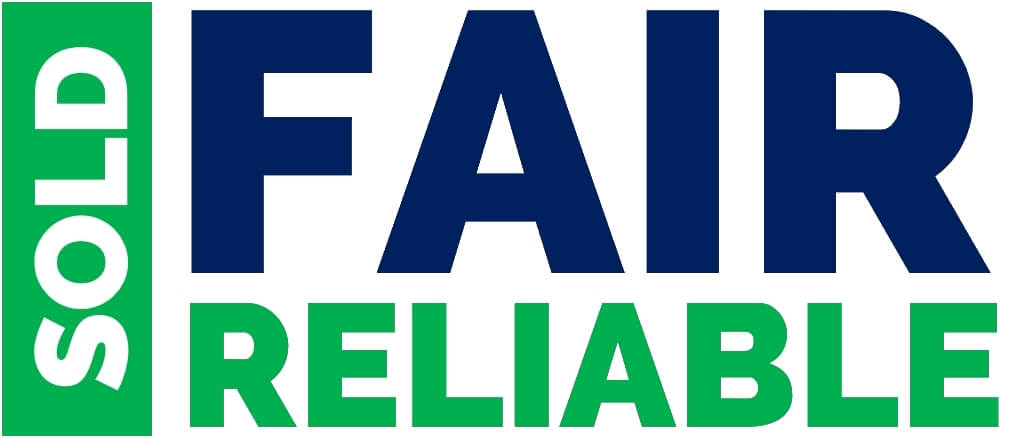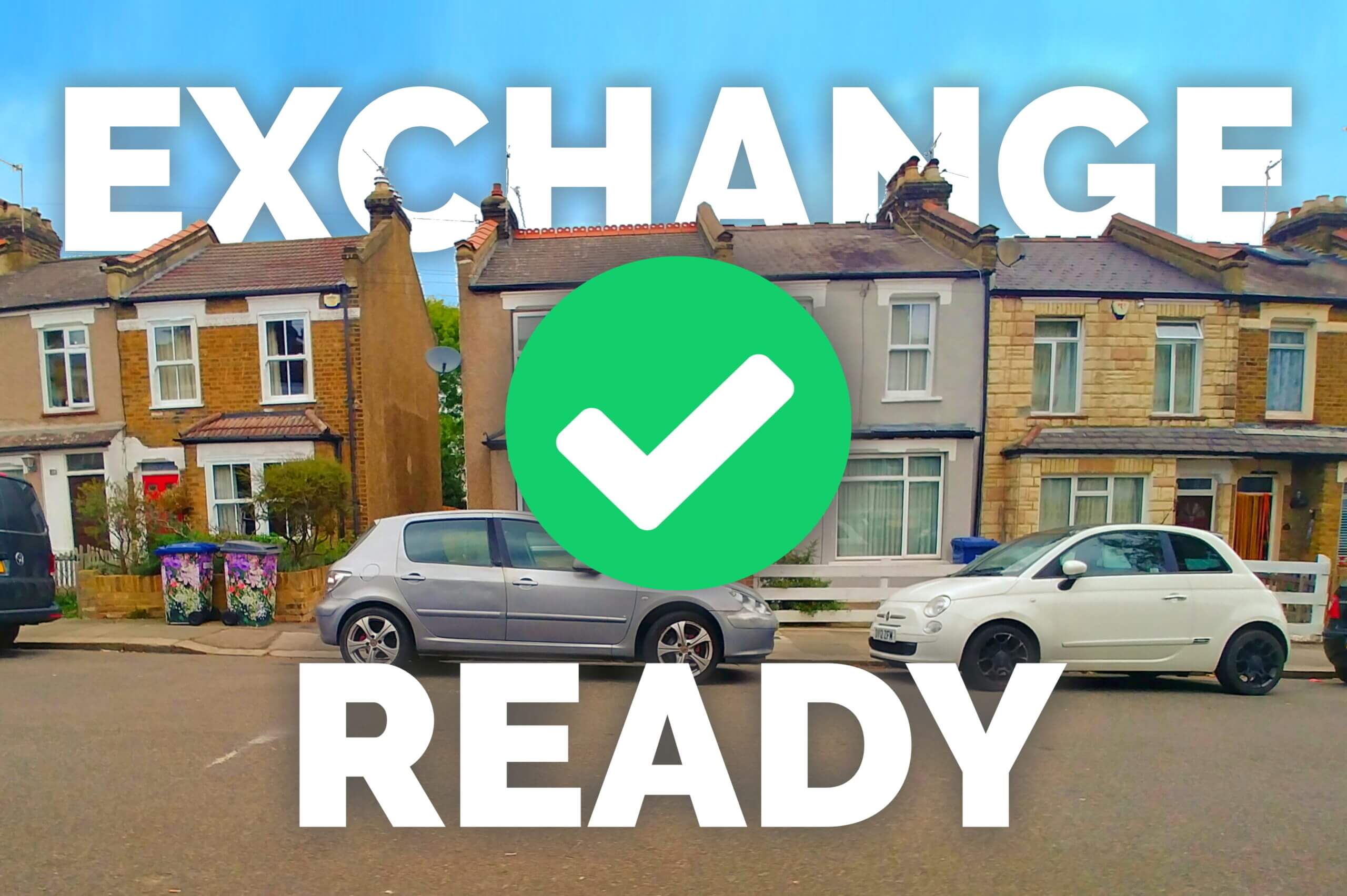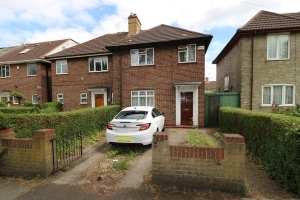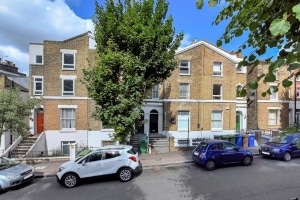Selling at Auction V’s Estate Agent
The main criteria for choosing to sell your property at auction will typically be (1) needing a quick sale, (2) needing a transparent sale, or (3) selling a property in need of modernisation. This article is intended to help you choose between an auction sale or an estate agency sale.
Call 0800 862 0206 for your FREE sale price estimate
Some properties (and the owners circumstances) are without doubt much better suited to an estate agency sale rather than an auction sale. In fact, if you take a typical property sale, say a family selling one property to purchase another, an auction sale would not be sensible. When you take into consideration how the chain of transactions need to be managed and the sale price needs to be known in order to arrange a mortgage for the next property, then an auction sale would not be the best decision.
However, where there is either some flexibility in the seller’s circumstances, or indeed a requirement to sell very quickly, then for the right type of property an auction sale can be the best way to achieve the highest price.
This article looks at the factors to consider when deciding whether to sell a property at auction versus selling with an estate agent.
Updated by Mark Grantham on 6th March 2020
Estate agents have won their place in the property market because, in part because buyers and sellers have a requirement for a “managed sale.”
Estate agent versus auction…?
Deciding whether to sell with an estate agent, at auction or direct to a property buyer will depend on (1) the type and condition of the property and (2) your personal circumstances. This guide is designed to help you decide what route is best for you.
Is there a guarantee of achieving my asking price at auction? In the same way as the managed process of an estate agency sale can help a seller with the timing of their onward move, especially where there is a chain. Sometimes the sale price needs to be managed too. While the sale price can be managed with an auction sale through the setting of a reserve price, sometimes that’s not high enough. Auction reserve prices are typically set in the region of 85% of market value, and through competitive bidding the final sale price can reach closer to market value. But there is no guarantee.
Example: We’ve helped in a case where a property owner needed to achieve a sale price of £1.45M to clear their mortgage. The auctioneer suggested entering the property into auction with a reserve price of £1.25M and test the waters i.e. withdraw the lot from auction if there was a low level of interest. Our advice to the property owner was to only enter the property into auction if they could agree a reserve price of £1.45M+ because even if there was a good level of interest in the run up to the auction, there is still no guarantee that bidding would reach the £1.45M level. In this case the property was a very desirable, Grade 1 listed house that would have created a lot of interest anyway (but not necessarily from prospective buyers), so there could have been a danger of the curiosity-type interest being mistaken for genuine, buyer interest. And with the value being so high it’s not a risk worth taking. If the property only sold for the £1.25M reserve price the owner would lose £200,000 but the auctioneer would still make their commission!
The auction rooms (particularly in London) are full of properties that have been purchased through an open market estate agency sales and sold within a month, for considerably more at auction. Property traders make healthy profits from doing this, and in most cases the opportunity comes down to the simple fact that sellers often feel safer in the hands of an estate agent than selling at auction, when in fact that really needn’t be the case.
“There’s no shortage of property traders who purchase properties through open market estate agency sales and resell at auction, typically achieving profits of £20,000 to £50,000 on each sale.”
What’s more reliable, an estate agency sale or an auction sale?
Most people are familiar with the property transaction process in the UK, but for those who are not we’ve provided an overview of the basics:
If you were selling a property through an estate agent or direct to a property buyer, you would be selling by “private treaty.” The property owner typically enrols the services of an estate agent to help find a buyer. The property is advertised on the portals (e.g. Rightmove & Zoopla) and prospective buyers are invited to view the property. Assuming there is a good level of demand for the property and it’s priced realistically the seller can expect to receive offers within a month of marketing the property.
All offers put forward by prospective buyers are subject to contract, this means the buyer can withdraw from the sale (without giving a reason) at any time up to the point when contracts are exchanged and the buyer pays a non-refundable 10% deposit. It’s the job of seller along with the help of the estate agent to choose one buyer to proceed with. Choosing the right buyer is the most important part of an estate agency sale; the seller should not only consider the price being offered by the prospective buyer, but also their credibility – how likely are they to see the deal through? Factors to consider when selecting a buyer include the prospective buyer’s finances, are they applying for a mortgage, to what stage has it been approved? If they claim to be a cash buyer can they provide proof of cash funds? Do they require a mortgage? Do they need to sell their property in order to buy yours? How many buyers and sellers are there in the chain? It’s also worth finding out about the prospective buyer’s personal circumstances, that’s if they’ll tell you! The checklist could go on, the point is that until contracts are exchanged the buyer can pull out of the sale or change their offer for any reason, or no reason at all.
With private treaty sales, it’s not at all unusual for the first one or two sales to fall through – the number banded around is that one in three estate agency sales fall through.
Auction is considered a more reliable method of selling because the sale is not dependent on one single buyer. There could be as many as ten or twenty prospective buyers at auction and it only takes two motivated buyers to bid the sale price up. Not only does that ensure a reliable sale, it also means the property finds it top price through the process of competitive bidding.
Virtually all property types can be sold at auction, but of course some properties are better suited than others. The article on what makes a suitable auction property covers the subject in more detail, but to briefly summarise; properties in need of modernisation or with development potential make the best auction lots – they usually sell for more at auction then they would with an estate agent.
From the buyer’s perspective; after all the frustration of trying to purchase a property through a private treaty sale, if there’s the possibility of securing the purchase of a property at auction just by paying more, then that’s what prospective buyers will do.
Property owners generally choose the method of sale that they’re most familiar with and that route is usually the estate agent (private treaty) route. The estate agent route is commitment free; if the seller isn’t happy with the sale price or if their onward purchase falls through then they can withdraw from the sale at any point up until exchange of contracts. And the estate agent is always on hand to offer reassurance, which can be comforting when things don’t go according to plan.
For most property owners, the idea of selling at auction doesn’t sit well and that’s largely due to the fact that they don’t know very much about the process – the fear of the unknown. Many of the properties sold through estate agents are much better suited to an auction sale, but property owners feel safer knowing that an estate agent if on hand to help manage the sale.
With more information about the auction sale process becoming available, property owners are able to make an informed decision about the suitability of auction. And not a decision based on fear!
In some parts of the world (including Australia and New Zealand) auction is the first point of call when selling a property. Who knows if that will also be the case in the UK in ten years time?
ℹ Private Treaty Sale








